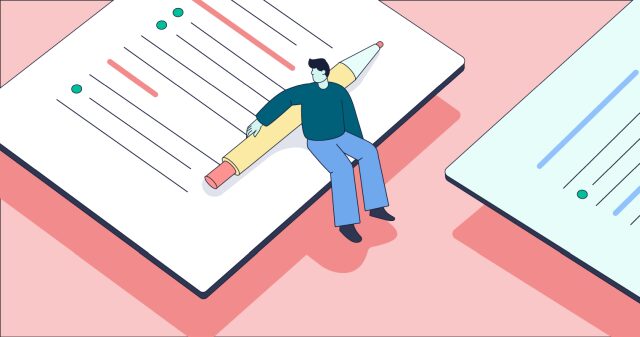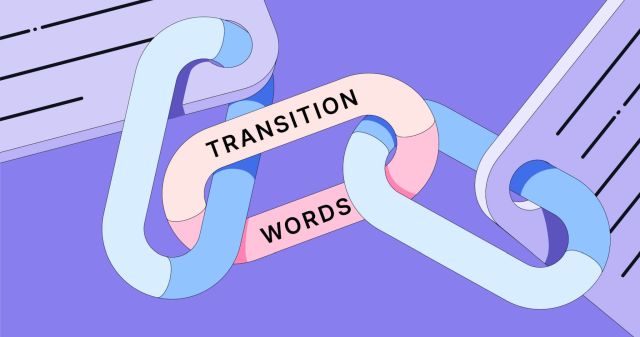The first time you are given an essay or paper to write, it can feel overwhelming. This feeling is made even worse when your honest first attempt results in you getting a bad grade. For many students, this is the point where they give up.
However, this doesn’t have to be the case for you. While writing isn’t easy at first, it can be over time as you improve. So, with that in mind, this article involves us going over a few tips on what to pay attention to when trying to improve one’s writing skills.
7 Tips on What You Should Pay Attention to When Writing Essays

If you have been looking to make your essays and papers more professional, there are ways you can do this. If time is of the essence, you may need to boost your writing skills along with delivering stellar essays, which is tricky.
If you feel overwhelmed, you can pay for a service like TopEssayWriting to deliver your assignment on time and with good quality. This would also give you enough time and energy to learn how to be a better writer yourself by following these seven tips:
- Understand The Assignment
- Start Early
- Research
- Make An Outline
- Write A Strong Thesis Statement
- Make Use Of Logical Transitions
- Edit And Revise
1. Understand the Assignment
Before you even pick up your pen or keyboard, you need first to understand the assignment. So many students make the mistake of writing and then thinking later.
When they realize they haven’t captured the requirements, they can either start all over or submit the assignment like that. Of course, with the latter option, you face getting lower grades, and with the former, you’ll likely feel exhausted once you’re done.
So, to avoid this scenario and other related ones, it can help to first start with understanding the topic. Next, you should review the requirements and ensure you are clear on each one.
Common limitations with essays have to do with word count and whether sources are required or not. Once you’re clear, you can move on to the next stage, which is starting early.
2. Start Early

One of the students’ biggest mistakes is waiting until the last minute to start their assignments. This is sometimes due to heavy course loads, but sometimes, it’s just a result of laziness and procrastination. Whatever the reason, it’s well understood that writing an essay late will often lead to rushed work of low writing quality.
One way to prevent this from being your fate is to give yourself a proper head start. As soon as you get the assignment, take the time to understand your requirements. Once this is done, you can handle the next step, researching.
3. Research
Writing without research can lead to factual errors. When your professors notice these mistakes, you can expect to get lower grades. This is why you should be very thorough in what you include in your essay or paper.
Following the earlier tip and starting early can give you enough time to conduct proper research. Look for credible sources that support your argument, and take notes on key points and quotes you can use in your writing. Be careful to include sources when using others’ work, as it can be considered plagiarism.
4. Make an Outline

Once you have done your research, you can then move on to starting your writing. First, though, you should have an outline of everything you intend to write. Divide this into sections to avoid overcrowding your essays in certain areas or having your writing lack any logical flow. This way, you are more likely to stay focused and organized as you write.
5. Write a Strong Thesis Statement
A thesis statement is used to state a writing assignment’s main idea. The reason for including this is to guide the expectations of the reading. Without one, your readers would be forced to read extensively before deciding whether your essay or paper is right for them, but most times, your first paragraph is all that’s used to decide.
So, it’s important to have a decent thesis statement that summarizes the main point of your essay or paper and provides a roadmap for your readers.
6. Make Use of Logical Transitions

Transitions are key to creating a cohesive and logical essay or paper. Writing without them can make your essay or paper hard to understand. So it’s a great idea to use words and phrases like “however,” “in addition,” and “therefore” to connect your ideas and create a smooth flow. This will make it easier for your target audience to follow along and better understand the overall story or message you are trying to pass along.
7. Edit and Revise
Once you’ve finished writing, take the time to edit and revise your work. You should be on the lookout for grammar, punctuation, and spelling errors. For this, you can use tools such as Grammarly to ensure you don’t miss a thing. Also, make sure your writing is clear and concise.
You can do this by reading your work from the start, but only after waiting for a while. This is so you can see things clearly and easily spot any mistakes. You can also choose to get feedback from friends and family, whom you trust to be honest with you.
In Conclusion

You can improve your writing skills and create essays and papers that are both informative and engaging. All you have to do is remember to start early, research thoroughly, and take the time to edit and revise your work. With practice and dedication, you’ll become a confident and skilled writer in no time.










